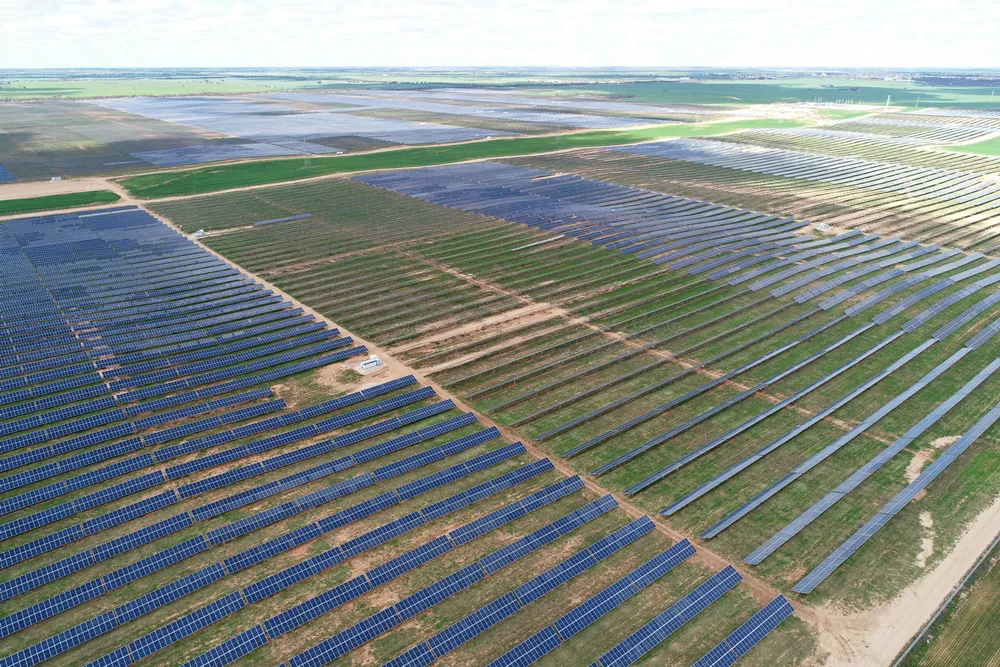TotalEnergies’ arm unveils 30GW green-hydrogen pipeline in Australia, despite HyEnergy exit
A 40-strong team has been identifying potential hydrogen developments for the past 18 months

A 40-strong team has been identifying potential hydrogen developments for the past 18 months
